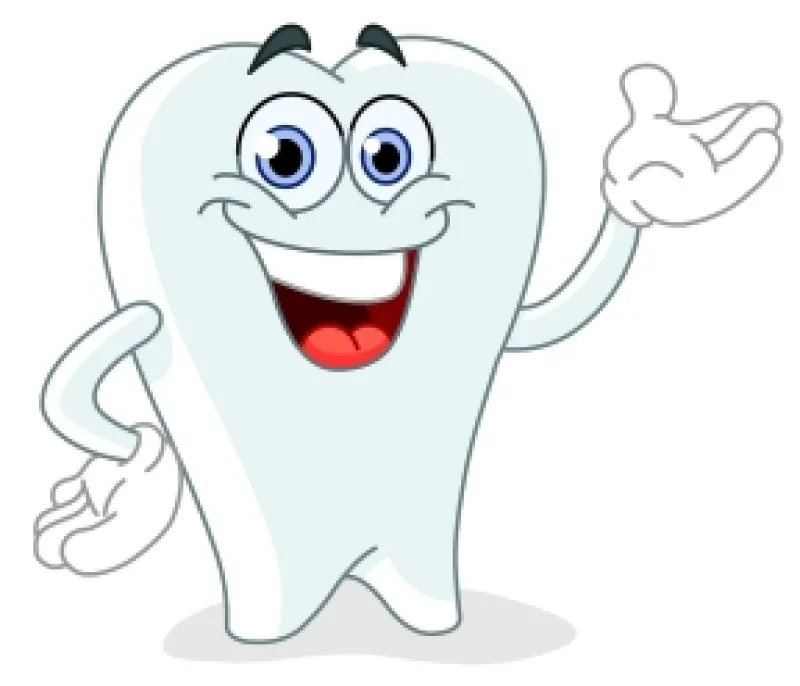January 01, 2016
What Are Sealants?
A dental sealant is a thin coating that is applied to the top surface of a tooth. It is common for sealants to be applied to teeth in the back of your mouth, such as your premolars and molars—teeth that are more prone to decay and gum disease. The sealant bonds to the tooth to create a protective seal. A benefit of a sealant is that it is able to get into all of the nooks and crannies of the tooth surface—areas that are hard to reach with toothbrushes and dental floss. Children, teenagers, and young adults are usually more likely to be candidates for dental sealants. However, anyone with a history of gum disease, tooth decay, or other dental issues would also be a good candidate for sealants.
What Can Sealants Help Prevent?
Since the sealant provides a protective cover to your tooth enamel, it protects from bacteria, plaque, and tartar. Sealants are most commonly used to prevent cavities. The sealant prevents sugary foods and beverages from wearing down the tooth enamel. In addition to preventing cavities, sealants can be used to prevent tooth decay and gum disease from spreading. Sealants can help prevent painful procedures such as root canals or tooth extraction.
How Are Sealants Applied?
The process of applying a dental sealant is quick and simple. Your dentist can do it at a regularly scheduled visit. The process only takes a few minutes. First, the teeth that will have a sealant applied will be cleaned. The teeth are kept dry and a solution is applied to help the sealant bond to the tooth surface. Once the sealant is applied, each one can last up to 10 years with proper dental hygiene. These dental additions can help you avoid root canal treatments.



